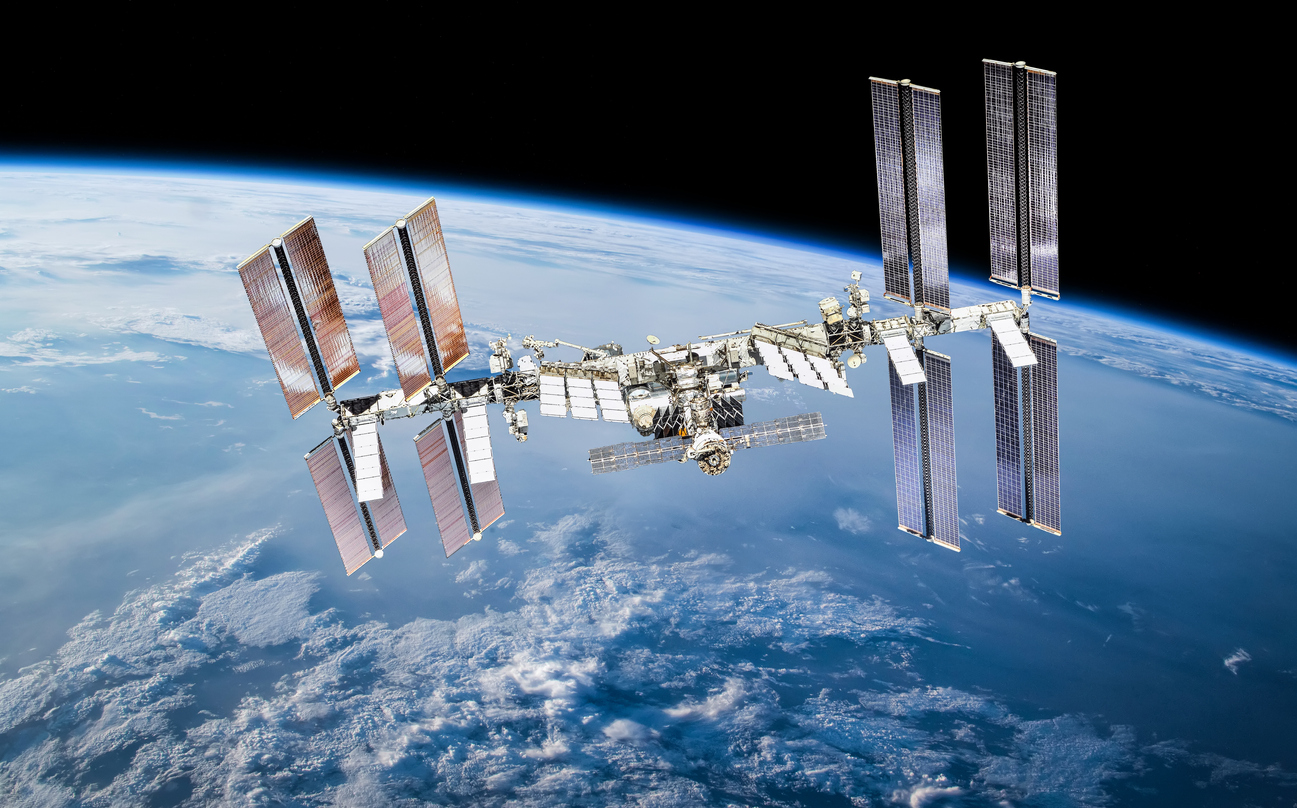
Study Shows CRISPR Works Well in Outer Space
January 26, 2022| |
A group of high school students, together with a team of astronauts, reported the first successful use of CRISPR and genetic transformation in Space. Their study is published in Plos One and Discover Magazine.
Astronauts Christina Koch, Nick Hague, and David Saint-Jacques used CRISPR at the International Space Station to modify the genomes of yeast cells in microgravity, which is the first attempt to conduct such DNA experimentation beyond Earth. This idea came from a group of high school students in Minnesota who were working with Genes in Space. They wanted to investigate how gene repair works in space, where there is cosmic radiation that can impact the DNA.
The researchers said that high-energy radiation machines cannot be sent to space to cause genetic damage. However, CRISPR can create its special kind of genetic damage. They reported that CRISPR worked in microgravity. This gene editing breakthrough could be helpful in long-duration missions in outer space.
Read more about the study in Plos One and Discover Magazine.
| |
You might also like:
- US University Sends Cotton to Space to Explore Potentials of Somatic Embryogenesis in Genome Editing
- Bacterial Strains Isolated in International Space Station Could Help Grow Plants in Mars
- Cotton Research Goes to Space
Biotech Updates is a weekly newsletter of ISAAA, a not-for-profit organization. It is distributed for free to over 22,000 subscribers worldwide to inform them about the key developments in biosciences, especially in biotechnology. Your support will help us in our mission to feed the world with knowledge. You can help by donating as little as $10.
-
See more articles:
-
News from Around the World
- FAO Index Shows Dip in Global Food Prices
- Climate, Field Management Keys to Increased Crop Yields
- Study Shows How Environment and Genomes Interact in Plant Development
- Low Sunlight Slows Down Rubisco, Limits Photosynthetic Productivity of Crops
- Are UK Consumers Willing to Try Cultivated Meat?
- Multi-stakeholder Organizations and Farmers in EU Join Forces to Fight Climate Change
-
Research Highlights
- Scientists Prove Baby Boom Transcription Also Effective For Apples
-
Plant
- Study Shows CRISPR Works Well in Outer Space
- Are Consumers Willing to Buy CRISPR Tomatoes?
- UK Announces Simpler Rules on Gene Editing for the Benefit of Farmers
- China Drafts New Rules for Gene-edited Crops
- Less Browning and Lower Acrylamide Levels Achieved in Potatoes Thanks to CRISPR
-
Read the latest: - Biotech Updates (June 25, 2025)
- Gene Editing Supplement (June 25, 2025)
- Gene Drive Supplement (February 22, 2023)
-
Subscribe to BU: - Share
- Tweet

